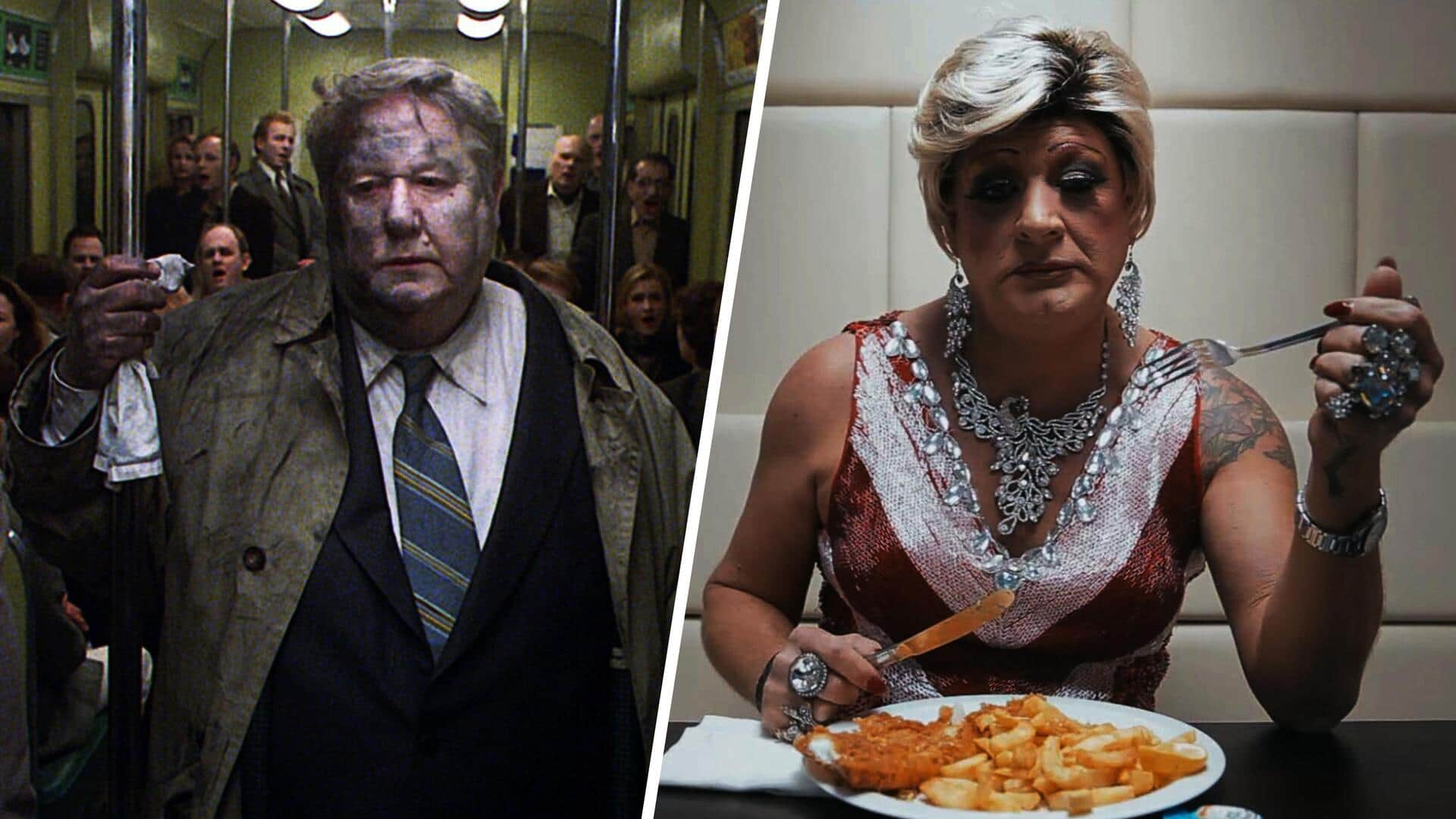
Explainer: What is slow cinema, its features, prominent examples
What's the story
We are notoriously living in the age of dwindling attention spans, which has given birth to the popularity of Instagram Reels and the culture of hurried binge-watching. But what about the cinema that demands you to sit, ponder, and essentially grow with the film? Projects that might be relatively long and hardly have any dialogues? Welcome to slow cinema.
Meaning
What does it really mean?
Slow cinema is a sub-genre of art films and such movies are deliberately slow-paced, sometimes overlong, contain little dialogue between characters, are observational in nature, and more often than not, emphasize long takes. Due to these characteristics, it is sometimes also known as contemplative cinema. Critic Jonathan Romney is credited with popularizing the term, who reportedly first used it in the 2000s.
Romney's words
This is how he described the genre
Writing for Sight and Sound, Romney reportedly wrote in 2010, "Slow Cinema [is the] varied strain of austere minimalist cinema that has thrived internationally over the past ten years." What's at stake is a certain rarefied intensity in the artistic gaze . . . a cinema that downplays events in favor of mood, evocativeness, and an intensified sense of temporality."
Spread
Directors who made slow films
Per BFI, slow cinema spread its wings at the end of the Second World War, when the Italian neorealism movement's gaze on the real and the authentic garnered the spotlight. Directors such as Michelangelo Antonioni, Robert Bresson, Pier Paolo Pasolini, Aleksandr Sokurov, Roberto Rossellini, Vittorio De Sica, and Andrei Tarkovsky are considered pioneers of this kind of cinema.
Icon
Understand it in Theo Angelopoulos's words
Greek director Theo Angelopoulos is hailed as a slow cinema icon. He once said, "[The choice to work with long takes] was a natural choice. A need to incorporate natural time in the space as a unity of space and time. Space that becomes time." "A need for the so-called dead time between the action and its anticipation, usually eliminated by the editor."
Examples
Watch these movies to gather better understanding of them
Some films that belong to this genre are Chantal Akerman's Jeanne Dielman, 23 quai du Commerce, 1080 Bruxelles, Lav Diaz's Melancholia, Cristi Puiu's The Death of Mr. Lazarescu, Diaz's From What is Before, Hu Bo's An Elephant Sitting Still, and Angelopoulos's Landscape in the Midst. Jonathan Glazer's The Zone of Interest—nominated for five Academy Awards at the upcoming Oscars—is another such movie.